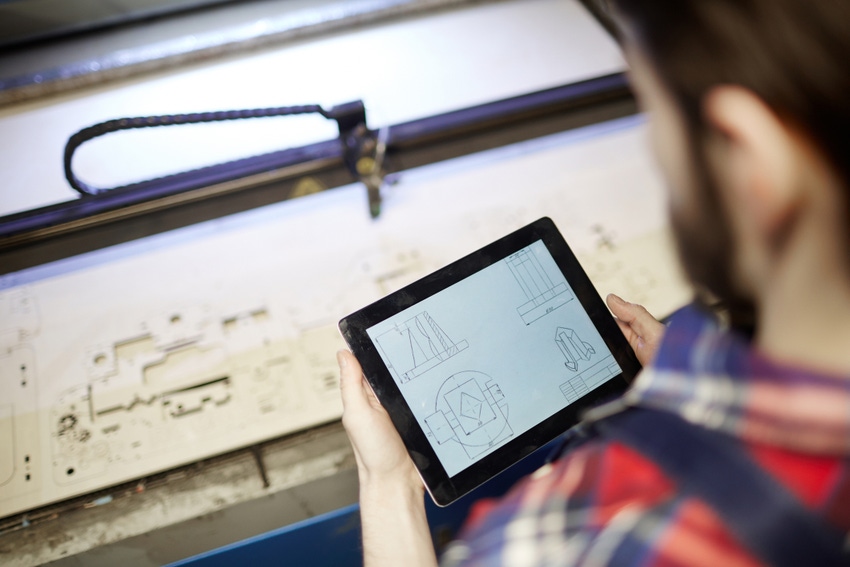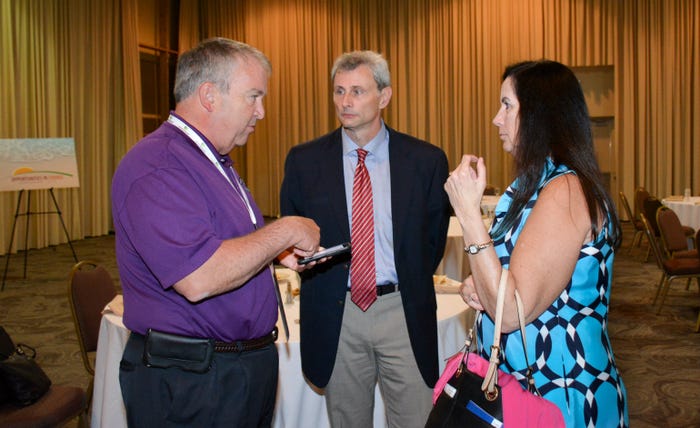
Just 1 percent of the roughly 700,000 students enrolled in undergraduate college engineering programs across the country last year studied agricultural engineering. That’s a challenge for the industry.
“Last year, 6,000 or 7,000 students were studying agricultural engineering as their undergraduate degree program. This is a challenge because overall enrollment in agricultural engineering has been about 1 percent for about 10 years now,” says Dr. Donald Leo, dean of the College of Engineering at the University of Georgia.
To address the challenge, the university is working to get students enrolled in other engineering disciplines to work on agricultural engineering projects.
Leo says that agricultural engineering is still an important degree program at the University of Georgia with steps being taken to further strengthen the program, but efforts are under way to get students in mechanical engineering, electrical engineering, civil engineering and other engineering disciplines interested in agriculture.
Speaking at the 20th annual Southern Peanut Growers Conference in Miramar Beach, Fla., Leo said a committee made up of faculty from the college as well as some national leaders in the agricultural engineering discipline was formed to create a vision statement for the next stage of the University of Georgia’s ag engineering degree program.
“How do we make ag engineering a central focus, but look at the connection between ag engineering and all of the other disciplines in our college,” Leo said.
The college is now in the process of revising its agricultural engineering degree program. Leo said the University of Georgia’s College of Agriculture and Environmental Sciences is also involved. “We will see many of these changes roll out over the next year in terms of how we evolve our agricultural engineering program,” he said.
Still, Leo said a number of students in other engineering programs are already working on ag engineering projects. He highlighted the Capstone Design Project where students in their final two semesters at the college work on real world design projects for agriculture and other industries. Last year, about 450 engineering students at the college were working on a variety of projects.
“In my mind this is one of the secret weapons we have in the engineering program to help communities like yours in a very structured way,” Leo said at the peanut conference.
“These projects are virtually no cost. The students get a little bit of funding from our college. By and large they are using their talent and their engineering know-how as students to solve the problems you provide. They work on the project for an entire year and actually design an engineering solution,” he said
Leo said there are opportunities for students in the other engineering disciplines to work on agricultural projects.
“Some of the challenges you have aren’t just ag engineering challenges. They are problems that are going to take an interdisciplinary approach. I think that’s an opportunity we have as a college and as a community to meet the needs in the years to come,” Leo said.

From left, Don Koehler with the Georgia Peanut Commission visits with Dr. Donald Leo, dean of the College of Engineering at the University of Georgia; and Lee Calhoun of Ashford, Ala. following Leo’s luncheon address to the annual meeting of the Southern Peanut Growers in Miramar Beach, Fla.
About the Author(s)
You May Also Like






